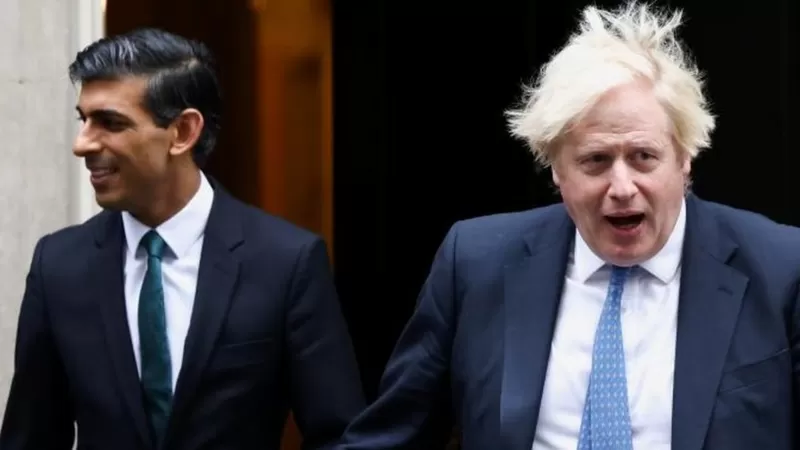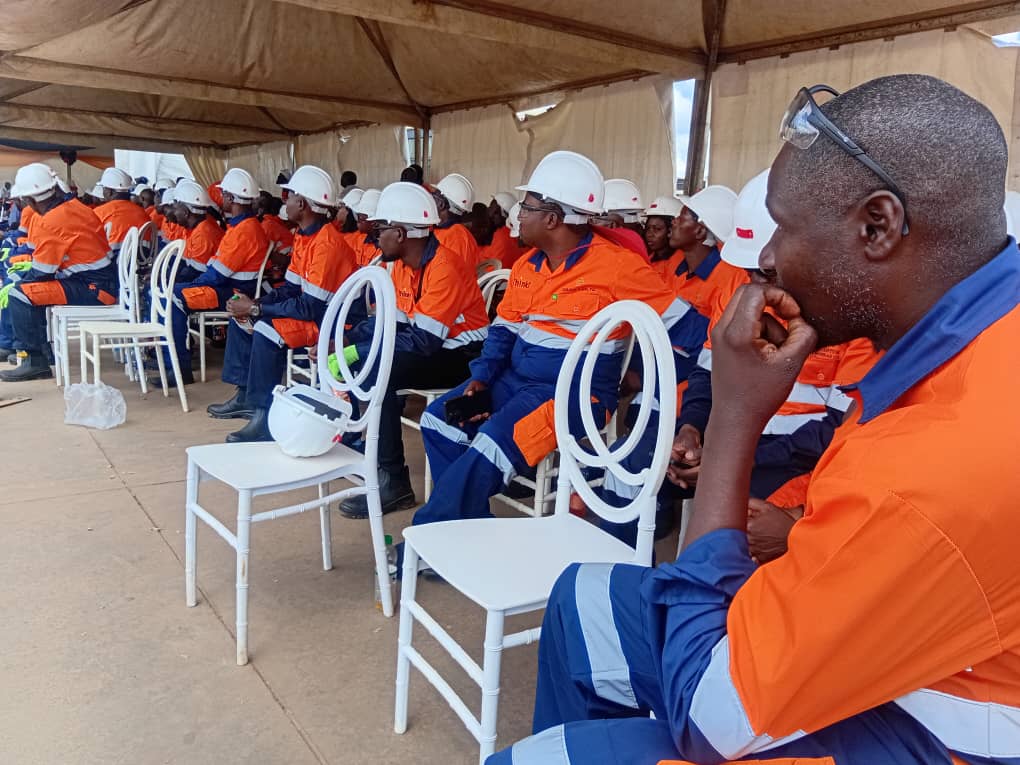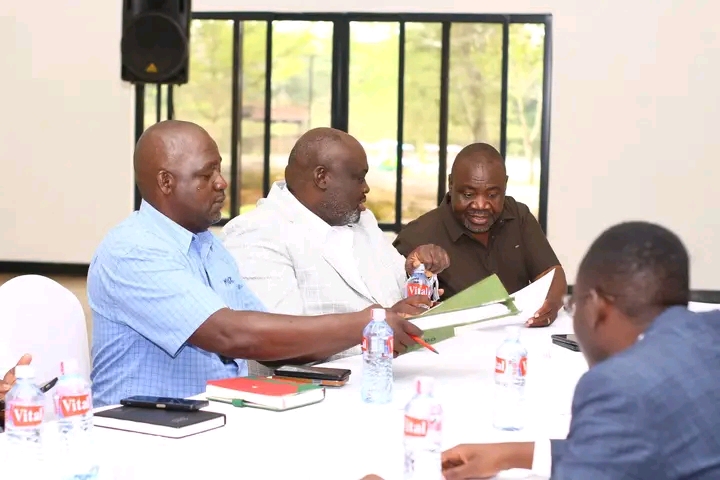Boris Johnson has urged Rishi Sunak not to abandon legislation he introduced on how Northern Ireland’s post-Brexit trade will work in the long-term.
The Northern Ireland Protocol Bill was set in motion when Mr Johnson was PM, but Mr Sunak has been meeting EU leaders to agree a new deal.
Since 2021, certain trade checks cover some goods crossing the Irish Sea.
A source close to Mr Johnson said the former PM thought it would be a “great mistake” to move away from his plan.
If it concludes its passage through Parliament, it would give the Westminster government the power to unilaterally decide to move away from those current arrangements for Northern Ireland.
Many Conservative MPs on the backbenches see the move towards that ultimate position as an important bargaining chip whenever the UK is trying to wring concessions from the EU.
The protocol bill is currently paused in parliament while the UK and EU try and hammer out a new deal – one which again aims to resolve longstanding issues like trade across the Irish Sea and the jurisdiction of the European Court of Justice in Northern Ireland.
Following the latest round of talks on Saturday, Mr Sunak warned an agreement was “by no means done” and said there were still “challenges to work through”.
The comments from the source close to the ex-PM were initially reported by Mr Johnson’s former employers, the Sunday Telegraph.
But on Mr Sunak’s plans for a new deal, the source said Mr Johnson believes no one can make a judgement until people have seen the text – which the government hopes to release early next week.
Some government insiders expect a debate and vote about a deal in the House of Commons soon, with Tuesday seen as the most likely day – although the plans are said to remain “fluid”.
Mr Johnson’s proposed legislation allowing the UK to unilaterally abandon part of the current arrangements that had been negotiated and agreed by the EU had inflamed tensions between Westminster and Brussels, which Mr Sunak is straining to smooth.
A senior government official said if issues with the ongoing protocol arrangements could be resolved then there would be no need for the bill to go further in Parliament.
Describing the ongoing negotiations for a new deal, the Cabinet source also told BBC News: “There are hard yards ahead. We’re working hard. But it is by no means done. The toughest issues are always the ones that you get to towards the end.
As well as finding a compromise that’s acceptable to the EU, Mr Sunak wants the backing of the Democratic Unionist Party in Belfast and Tory MPs at Westminster.
Both would welcome a deal that reduces trade barriers across the Irish Sea – one of the key objections to the Northern Ireland protocol from unionists and Eurosceptics alike.
The controversy over the Protocol has led to a political vacuum in Stormont in recent months, with the DUP blocking the functioning of devolved government in Northern Ireland in protest against the trade rules.
Securing the party’s support for any deal will be crucial for the future of the political institutions at Stormont – the Northern Irish parliament.
Writing in the Sunday Telegraph the former Tory Leader Iain Duncan Smith said any deal that kept Northern Ireland subject to EU law and regulations would prevent the DUP from returning to power-sharing at Stormont and threaten the Good Friday Agreement.
The prime minister held talks on Saturday with European Commission President Ursula von de Leyen in Munich in an effort to secure the needed agreement to resolve the tensions – following more than a year’s worth of work by UK and EU negotiators attempting to strike a deal on changes to the controversial trade arrangement.
Afterwards Downing Street said it was a “positive discussion” and there had been “very good progress to find solutions”.
What is the Northern Ireland Protocol?
It is the trade deal that was agreed to ensure the free movement of goods across the Irish land border after Brexit.
It came into effect in 2021 and has resulted in checks on goods travelling from Great Britain to Northern Ireland.
Unionist parties argue that placing an effective trade border across the Irish Sea undermines Northern Ireland’s place within the UK.
The largest of those parties is the DUP, which is refusing to take part in Northern Ireland’s power-sharing government until its concerns are resolved.
But a majority of members of the Stormont assembly are in favour of the protocol in some form remaining in place.
Sinn Féin, the Alliance Party and the SDLP have said improvements to the protocol are needed to ease its implementation.








